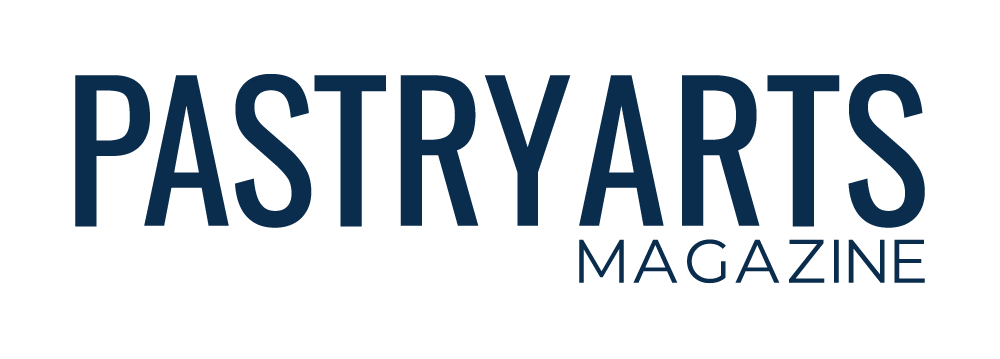(This article appeared in the Winter 2023 issue of Pastry Arts Magazine)
By Deanna Martinez-Bey
Who’s ready to start their cottage bakery? You may have contemplated starting a cottage bakery for some time, or maybe you just had the idea and are now ready to move forward. Either way, this article will provide helpful information about cottage baking laws and how to comply with them successfully.
Each state has its own set of cottage baking laws. My experience falls under the guidelines for North Carolina. However, there are many similarities from state to state. Let’s take a look at the basic cottage food laws you will find in place for most of the fifty states.
Non-perishable Food Items
One guideline for many states is that food sold from a cottage bakery must be non-perishable. Non-perishable means that after the food is baked, it will not need to be stored in the refrigerator.
Some examples of non-perishable foods are:
- Cookies
- Cakes
- Candies
- Spices
- Breads
Other Items:
- Jams and jellies
- Dry cookie or cake mixes
- Granola
- Dry cereals
- Popcorn
When preparing your bakery menu, be sure to stay within these perimeters, and you should be good to go!
Kitchen Inspection
Most states require some type of kitchen inspection. If you live in a state that does not require one, lucky you! When a kitchen is inspected, the state inspector will check for cleanliness, warm running water in the kitchen and nearest bathroom, and soap and clean hand towels at the sinks. They will also ensure that baking ingredients are kept separate from household ingredients in the pantry and refrigerator.
These are some of the key things on their checklist, but be sure to check for your state specifically to be sure there aren’t more.
Give your perishable baking ingredients a shelf or two of their own in the refrigerator and non-perishable items a shelf in the pantry. This is not mandated, but I like to label the pantry shelves. Using a label maker, I mark down what goes where. It makes it easy for me to locate and for the inspector to see that things are being kept separate.
Cottage Bakery Permits
Some states require a zoning clearance, and others require a permit or a business license. These permissions are given by the local zoning department, department of agriculture, or health department. Few states do not require any permits, certificates, or licensing. It is important that a potential cottage baker learns exactly what is required by their state and follows the guidelines precisely.
Sale Limitations
Many states restrict the amount of income a cottage bakery can earn. Most states allow between $10,000 to $20,000 per year. However, some states limit income to $5,000 annually, and others allow up to $50,000. It is crucial for cottage bakers to keep records of their income and expenditures every year. Detailed record-keeping will make life easier when it comes to filing taxes.
Labeling
As of right now, all but one state require product labeling. Typically, each state will require ingredients, the baker’s name, address, or a way of contact, such as an email or website, to be listed on the label. In addition, some states do require a disclaimer to be added indicating that the state did not inspect the product. Some business owners print their labels, and others order them online. You can also print or order labels that include your bakery logo. Although they are not required, they do make the packaging look more professional.
There are many details that each state requires to run a legal cottage bakery. To locate all of the guidelines in your state, visit: https://www.pickyourown.org/CottageFoodLawsByState.htm
About Deanna Martinez-Bey
Deanna Martinez-Bey is a cottage baker, baking class instructor, content creator, and multi-genre author. With twelve published books under her belt and a certified cottage bakery, everything she does revolves around food and writing in one way, shape or form. www.thefierywhisk.com






You must be logged in to post a comment.